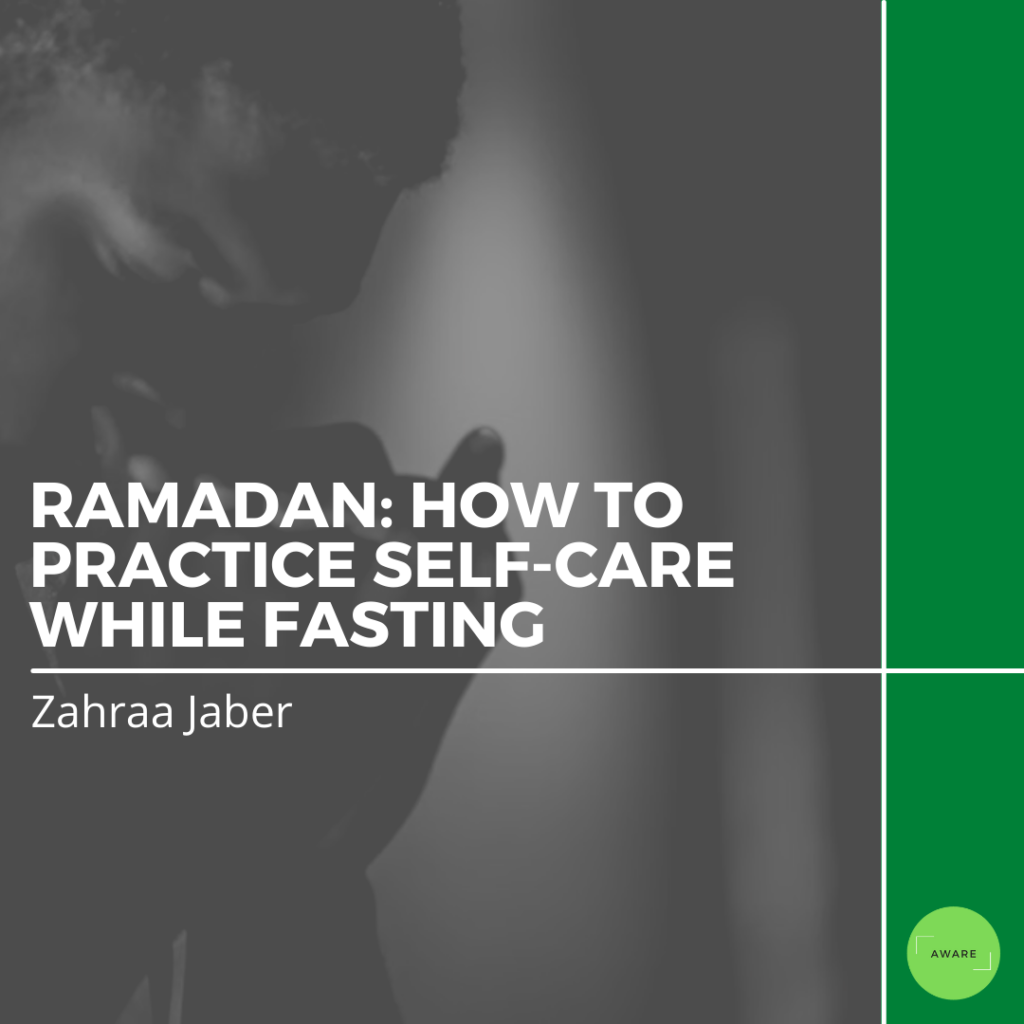The holy month of Ramadan is here. Ramadan is observed by Muslims worldwide, and as you might already know, it is far more than just abstaining from food and drinks. So, to make the most out of this month, especially during the last week, here are 8 self-care tips to refine Ramadan this year.
Mental Healing
Ramadan motivates you to realign your intentions and check in with your deeper self, an experience that can be spiritually healing and physically restorative. It is a time of communion with yourself – a time to reflect on the way you nourish your mind, body, and the environment around you. For a month, you abstain not only from eating and drinking during fasting hours, but also from lying, gossiping, arguments, hateful rhetoric, and any bad energy in your life.
Re-Evaluation and Detox
The month of Ramadan can be the time of a great reset and re-evaluation of ourselves. Fasting is meant to facilitate spiritual growth, faithfulness, and dedication to God. If you feel hungry while fasting, you abstain from eating, and you consciously think about every action and intention that you have. It is a restoration of love and care that can be achieved through discipline. It can make you more mindful of your words and going a little more out of your way to being kinder to those around you. In society today, Muslims may face temptations that can come in many forms. Focus, dedication, and detox then come into the picture to help ward away the temptations, which are things can help us beyond the month of Ramadan. What we really mean by detox is to abstain from bad habits that can be harmful to ourselves both physically or spiritually. For example, smokers can take the chance to kick their habit and carry on abstaining from smoking beyond Ramadan.
Check in with Yourself Regularly
What a lot of people fixate on about Ramadan, however, is the month-long fast and what many would consider the extreme self-discipline involved in participating. Fasting during Ramadan is not simply an obligation to be completed before mindlessly filling our stomachs with any kind of food to sustain our bodies for a month. It is perceived to be a time of cleansing and self-control, and how we nourish our bodies during this time is central to it. Check in with your body and nourish it with what it needs, not what it wants at that moment. As much as your body wants to gulp down two glasses of lemonade with tablespoons of sugar (as many of us have been there), dates have been traditionally eaten to break the fast because they serve as a good source of natural sugar, fiber, energy, and essential minerals, and the importance of water and hydration requires no further introduction. According to the Hadith, or the written collection of the traditions of Prophet Muhammad, the Prophet encouraged breaking the fast with dates and water because of their nutritional value.
Wellness, along with the practice of good spiritual, physical, and social health, is central to observing Ramadan. It is a month of reflection on who you are and the humanity with which you navigate your presence in this world. Be mindful, stay hydrated, and remember: no bad vibes. Ramadan Mubarak!
